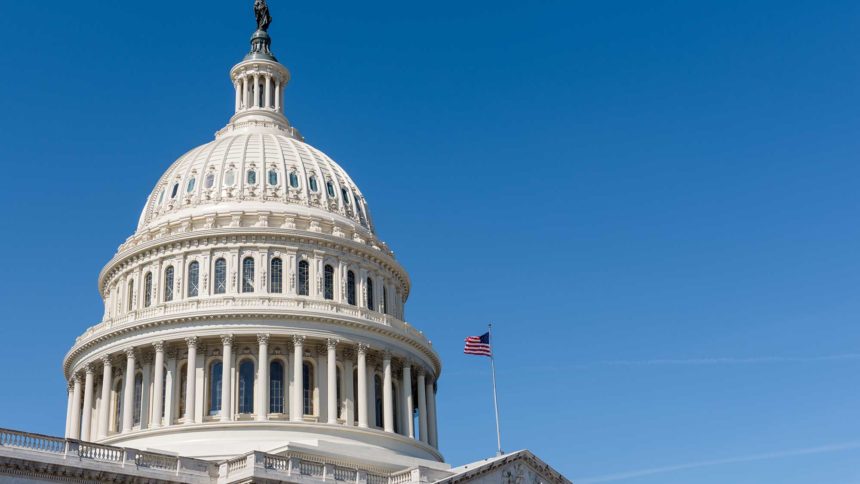
Provisions of the Families First Coronavirus Response Act, which became law in April and mandated the paid sick leave and Family and Medical Leave Act leave for eligible employees affected by COVID-19, ended Dec. 31.
The federal government, however, hasn’t abandoned the subject entirely. Dec. 27, President Donald Trump signed into law the Consolidated Appropriations Act (HR 133), a small portion of which pertains to the FFCRA’s paid-leave requirements. The new bill allows employers, on a voluntary basis, to continue to provide such leave through March 31 in exchange for a payroll tax credit.
This means that employers are able to be reimbursed for paid leave taken pursuant to the original law, but they are not required to provide the leave, noted a LeadingAge FAQ article about the change. The criteria for eligibility have not changed, just the mandate.
With the pandemic showing no signs of subsiding anytime soon, voluntarily providing FFCRA paid leave may be a good option for long-term care operators seeking to help employees through difficult circumstances caused by COVID-19, noted an article posted Tuesday by Ward and Smith, P.A.
“To seek such payroll tax credits, however, employers must acquaint themselves with the rules regarding FFCRA leave eligibility and keep accurate records,” the authors wrote.




